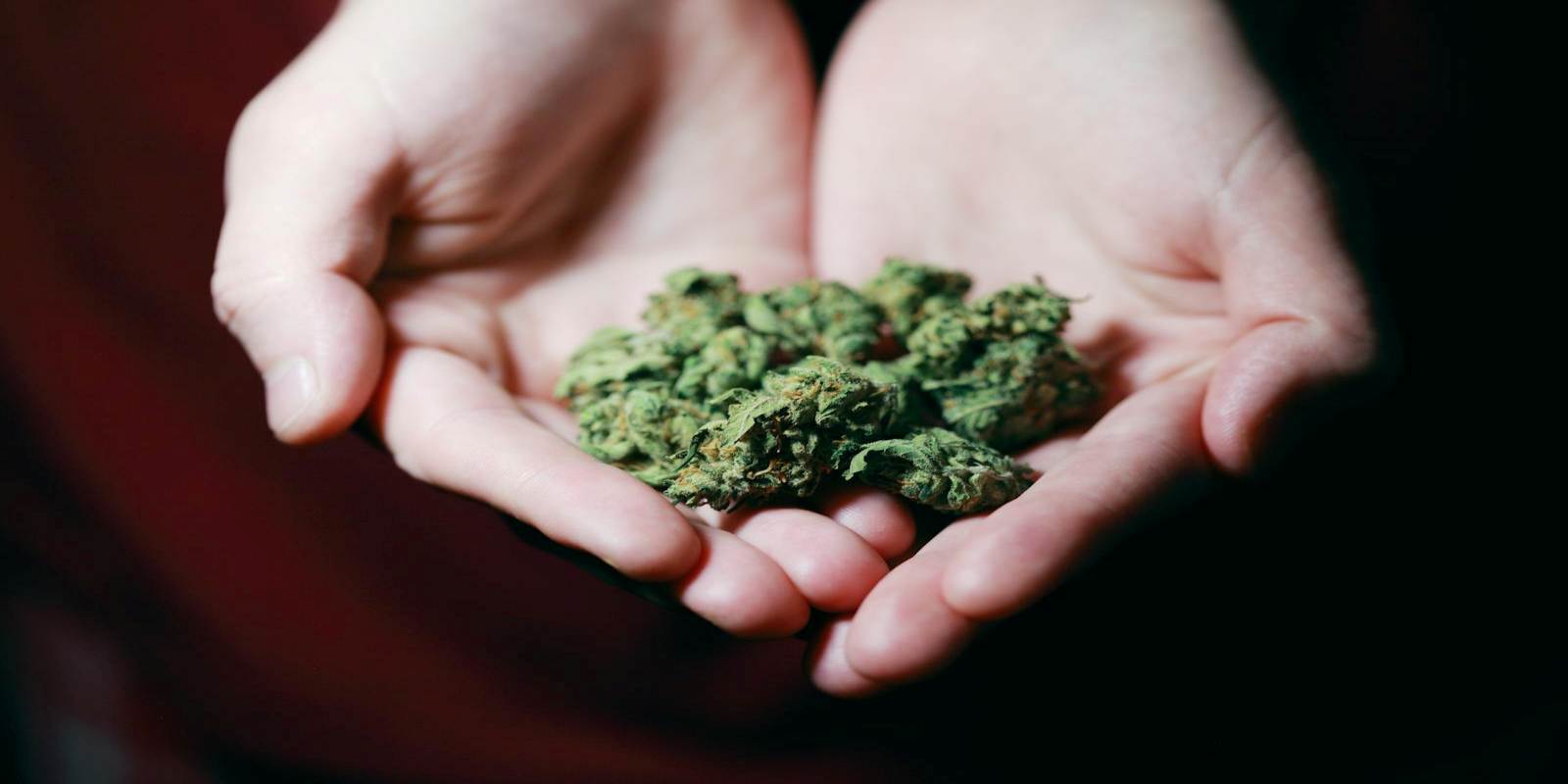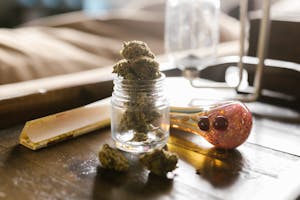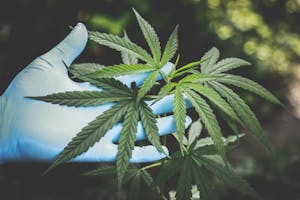Your Winter Survival Guide to Boston’s Best Weed Snacks
December 29, 2025Boston is a winter wonderland throughout much of the cold season, and for many people, the thought is exciting (at first). Sparkling snow, glistening icicles...


Most people have heard of THC because it is one of the most common components in weed, and for many, it’s the main reason they consume marijuana. However, those looking for specific effects might be better served by THCV, which stands for tetrahydrocannabivarin. This lesser-known compound has its own distinct effects.
Both THCV and THC are cannabinoids, and both can produce psychoactive effects that lead to a cerebral or body high. However, they interact with the brain differently and perform different functions within the endocannabinoid system.
THCV and THC look similar at the molecular level, but they are not the same. The THC molecular chain has a long tail made of carbon molecules. Comparatively, this side chain is much smaller on THCV, which comes in handy when interacting with receptors in the brain. THC’s long chain allows it to attach to those receptors and create psychoactive effects, but THCV’s chain doesn’t fit in the same way. That means it can produce various effects and also block the receptor to stop other bodily responses from happening.
THCV isn’t as clearly regulated as THC. Hemp must contain less than 0.3% THC by dry weight in order to be legal due to the Farm Bill of 2018. However, THCV has received no such response, and as such, laws on the substance can vary. Each state sets its own rules, and some prohibit THC and “THC-like compounds,” which may or may not include THCV. Arizona, California, Minnesota, and Mississippi all prohibit THCV.

THCV seems to block signals of hunger or craving. It may be an effective choice as an appetite suppressant and does not lead to the munchies, which is why it’s earned the name “diet weed.” This effect may also arise from its ability to boost the metabolism.
THCV appears to replace the cerebral high of weed with heightened focus and clarity. Thus, it still produces effects, but users can avoid the psychoactive component.
Research has shown that THCV may be effective in reducing inflammation and pain, making it another tool in the arsenal of medical marijuana users (alongside CBD).
THC is tied to dopamine, the feel-good chemical that arises whenever you get a “reward” (such as when you feel good checking something off your to-do list). Dopamine hits can lead to increased euphoria, which can improve mood.
THC provides potentially intense psychoactive effects depending on the concentration within the cannabis product. Microdosing involves taking a minimal amount for muted effects, while snow caps and other THC-concentrated products produce a powerful high.
Those who struggle with eating (such as people undergoing chemotherapy) often find THC to be a powerful appetite stimulant. In other words, it causes the munchies, and it can even make food taste and smell better, so you’re more likely to meet goals for caloric intake.

If you’re investigating the various cannabinoid compounds you might want to try, THCV has probably flown under your radar. However, it’s becoming more common thanks to innovations in extraction processes. You should always get your products from a reputable Boston dispensary so that you can be confident in their quality and safety, especially with products that are newly entering the market. Stop by Pure Oasis to take a look at our cannabis products and talk to our budtenders about products that could help you achieve your goals.
Are you at least 21 years old?